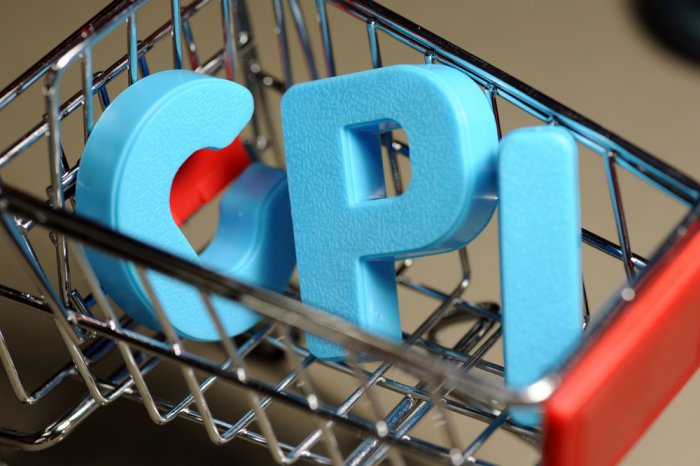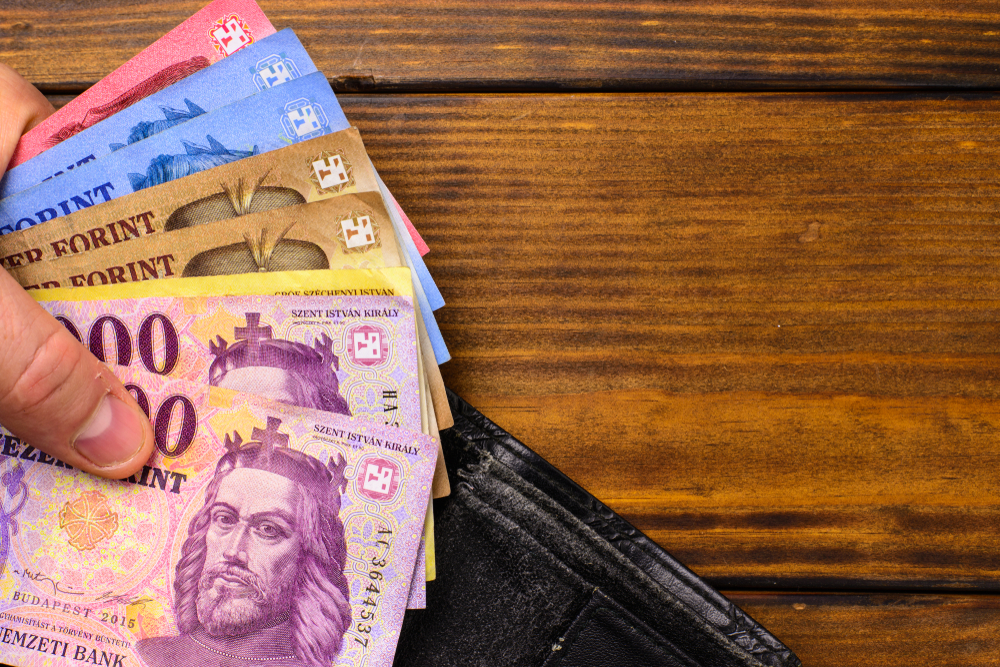Inflation accelerates to 3.6% in September

Consumer prices in Hungary rose 3.6% year-on-year in September, accelerating from a 3.4% increase in the previous month, the Central Statistical Office (KSH) said on Tuesday. The headline figure - a more than five-year peak - was lifted by higher prices for vehicle fuel, food and tobacco.
In September 2018, compared to the same month of 2017, food prices rose by 4.6%, within which prices of seasonal food items (potatoes, fresh vegetables, and fruit) became 21.2% dearer, the price of flour rose by 7.8%, and eggs by 7.0%, while the price of sugar fell 22.7%.
Prices of alcoholic beverages and tobacco went up by 5.1%, while services were 1.8% dearer on average. Electricity, gas and other fuels became 1.5% more expensive, within which firewood prices rose by 12.1%, and butane and propane gas by 11.2%. Consumers paid 14.9% more for motor fuels. Consumer durables prices edged down 0.1%.
In September compared to the preceding month, consumer prices were up by 0.3% on average. Food prices rose by 0.5%, while prices of alcoholic beverages and tobacco increased by 0.7%, mainly due to an increase in tobacco excise duty. Prices of electricity, gas and other fuels rose by 0.3%, while consumers paid 1.3% more for motor fuels.
In January–September 2018, compared to the first three quarters of 2017, consumer prices increased by 2.7% on average, the KSH noted.
Among consumer price indices, seasonally adjusted core inflation, which excludes volatile fuel and food prices, rose 2.4% year-on-year in September. CPI harmonized for better comparison with other European Union member states was 3.7%. Calculating with a basket of goods and services used by pensioners, CPI was 3.3%.
Excluding the effect of tax changes, consumer prices rose 4.0% in September 2018.
Underlying inflation ‘broadly static’
In a monthly analysis released, as usual, after the publication of the KSH data, the National Bank of Hungary (MNB) said its measures of underlying inflation developments "remained broadly static" compared with August.
The indicator for core inflation, excluding the effects of indirect taxes, stood at 2.4% in September, edging up from 2.3% in the previous month.
The indicator for demand-sensitive inflation, which excludes processed foods from core inflation, also rose one-tenth of a percentage point to 2.4%.
The indicator for "sticky price inflation," which includes items for which retail prices vary, on average, no more than 15% a month, was unchanged at 2.7%.
The central bank attributed the pickup in headline inflation to the "rise in volatile unprocessed food prices," and said core inflation rose as a result of the increase in excise tax on tobacco products.
Householdsʼ inflation expectations "remained at moderate levels" in September, the MNB added.
Consumer price inflation data for October 2018 will be published by the KSH on November 8.
SUPPORT THE BUDAPEST BUSINESS JOURNAL
Producing journalism that is worthy of the name is a costly business. For 27 years, the publishers, editors and reporters of the Budapest Business Journal have striven to bring you business news that works, information that you can trust, that is factual, accurate and presented without fear or favor.
Newspaper organizations across the globe have struggled to find a business model that allows them to continue to excel, without compromising their ability to perform. Most recently, some have experimented with the idea of involving their most important stakeholders, their readers.
We would like to offer that same opportunity to our readers. We would like to invite you to help us deliver the quality business journalism you require. Hit our Support the BBJ button and you can choose the how much and how often you send us your contributions.









